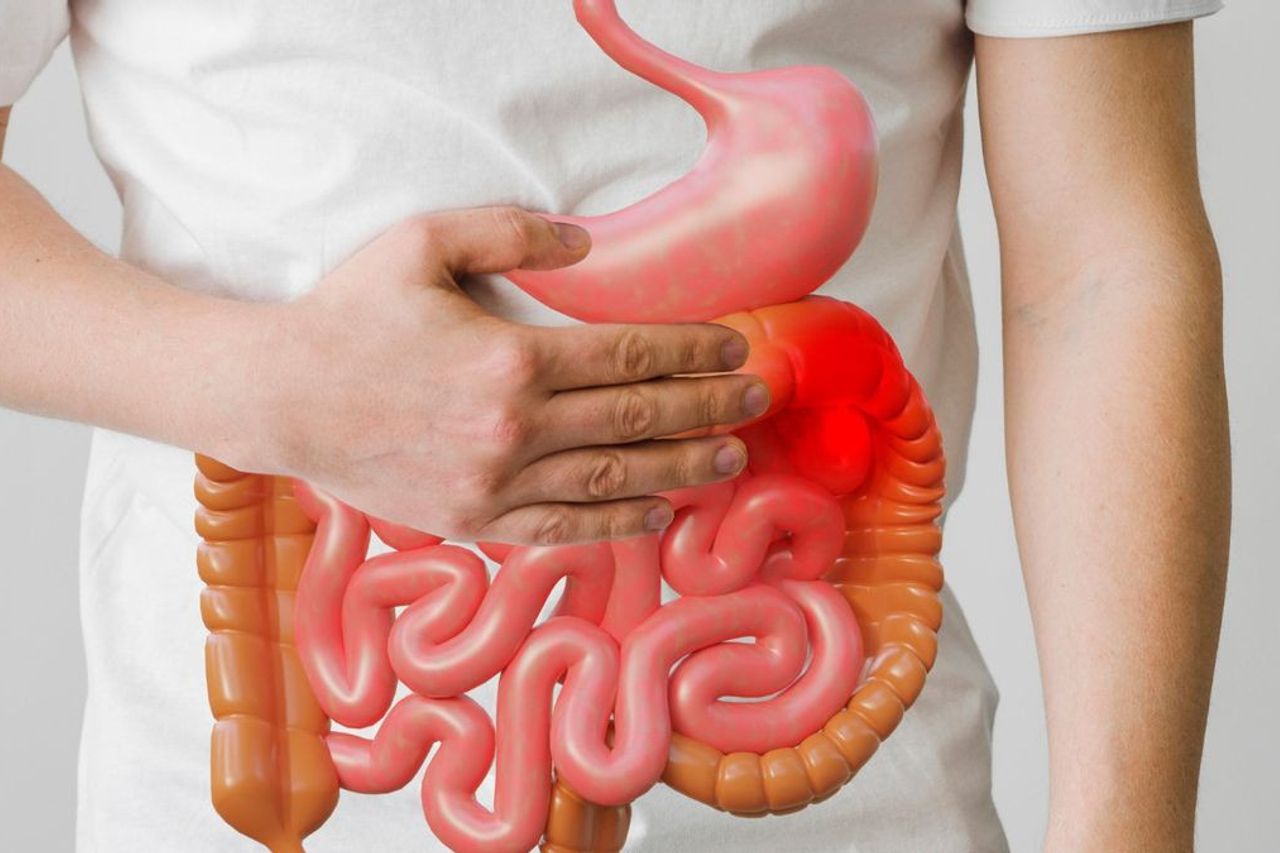Enzymes On Lambung, These Are Types And Functions

YOGYAKARTA - The function of the stomach in the human body is of course vital, because this organ functions to accommodate food, break up, process, and process food. To carry out its duties in the digestive process, the stomach will produce various enzymes. One of them is enzymes in the stomach? Here's the full review.
The enzyme in the stomach basically functions to break up the substances in the food. The goal is that the food is digestable and perfectly absorbed by the intestines in the digestive system.
Below are some types and enzyme functions generated by the stomach.
Pepsin is secreted by the stomach to decompose proteins into peptides, or groups smaller than amino acids, which are absorbed or further broken down in the small intestine. With another explanation, the function of the pepsin enzyme is to divide the protein in food into smaller particles.
The function of the inner chloride enzyme produced by the stomach is quite diverse. First, this enzyme is useful for breaking the protein in food. In addition, calorie acid is also responsible for countering the attack of viruses or bacteria that enter along with food. The last function of this enzyme is to convert pepsinogen into pepsine.
Gastrin is one of the important hormones produced by G cells in the stomach. This enzyme function, which stimulates the production of stomach acid, and helps movement of the stomach when the food is digested.
Another enzyme produced by the stomach is mucin enzymes. The function of mucin enzymes is to protect the stomach wall from exposure to stomach acid. This enzyme is generated from mukosa cells on the surface in the stomach.
Did you know that this digestive enzyme is not only found in the stomach. Because there are also other organs that are able to produce digestive enzymes.
For example, the mouth of the intestine is smooth, or the pancreas. Each of these organs will produce different enzymes to facilitate the digestive process of food.
Well, below are some other digestive enzymes:
Maltase is secreted by the small intestines and is responsible for breaking maltosa into glucose (simple sugar) that the body uses for energy.
During digestion, the star is partially converted into maltose by amilase. Maltase then converts maltosa into glucose that is used immediately by the body, or stored in the liver as glycogen for use in the future.
Amilase is important for carbohydrate digestion. The function of this enzyme is to break the star into sugar. Amilase is secreted by saliva glands and pancreas. Measurements of amilase levels in the blood are sometimes used as a help in diagnosing various pancreass or other digestive tract diseases.
The function of lipase enzymes is to break fat into fatty acids and glycerol (simple sugar alcohol). This enzyme is produced in small amounts by the mouth and abdomen, and in greater quantities by the pancreas.
Lactice (also called lactase-plorizin hydrolase) is an enzyme that breaks lactose, sugar found in dairy products, becomes simple sugar, glucose and galactose.
SEE ALSO:
Laportase is produced by cells known as entertainment that coats the intestinal tract. Unabsorbed Lactos are fermented by bacteria and can produce gas and intestinal disorders.
That's a review of enzymes in the stomach. Visit VOI.id to get other interesting information.

